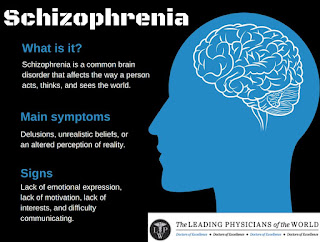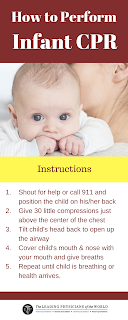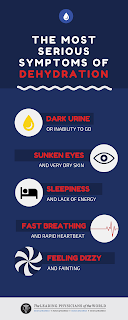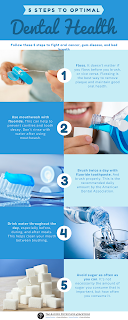Illness and Disability

Do you know that millions of young people have an illness or disability? There is a difference between the two. An illness is a sickness. Some illnesses are acute, which means they come on quickly and are over quickly (like a cold or the flu). Other illnesses are chronic, which means they last a long time and perhaps a lifetime (like asthma or diabetes). A disability is a physical or mental problem that makes it harder to do normal activities on a daily basis. You can be born with a disability or get it later on from an illness or an injury. Many different kinds of illnesses and disabilities can affect people. If you have an illness or disability, you know that taking care of your needs can be hard sometimes. But you can learn about the skills and support you will need to live well with a disability or chronic illness. Young people with chronic conditions often have a lot more difficulties dealing with the tasks of adolescence than their healthy...


